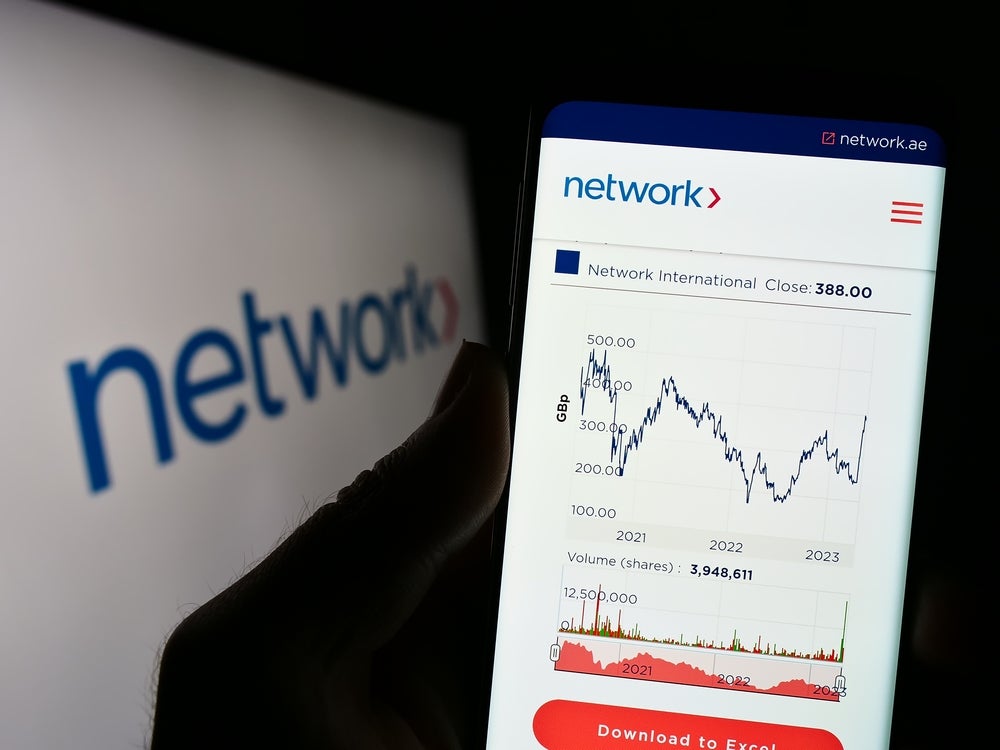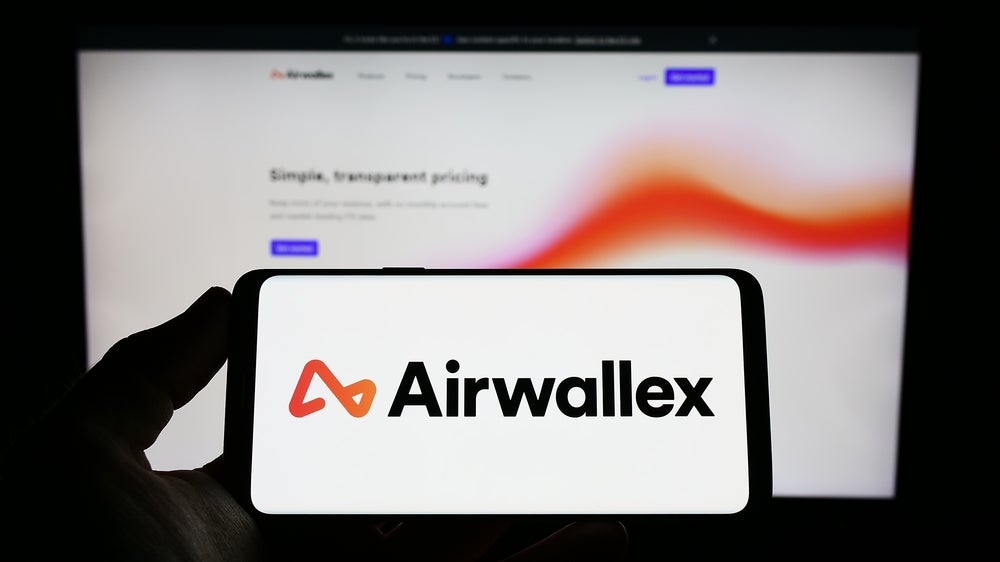Finally, it has emerged that most people are bluffing their way through fintech jargon, purporting to understand the intricacies of a distributed ledger system and the benefits and drawbacks of cryptocurrencies. Anna Milne looks at new research into the issue
When you consider that 22% of people say it is too late for them to catch up on fintech knowledge, that resignation being based – one can but assume – on the 94% of bluffing chancers, 60% of whom are at it regularly, it is time to show things up for what they are.
Since when should anybody believe, anyway, that after X amount of years toiling away admirably in a bank, suddenly that person would be well up on the latest development, as technologically involved as, say, the concept of the internet, pre-internet days? How would that even be feasible? These tech developments are just that: tech, a discipline all its own, a science, a class of engineering. Do not forget that economics is an arts discipline. Sometimes.
But, clearly, one cannot afford to call a spade a spade if it means an admission of not knowing something.
Cue a survey of 1,400 financial services professionals to cast suspicions in a take-no-prisoners light and put some tentative figures on the extent of the tomfoolery.
Carried out by the Fintech Circle Institute, an “astonishing” 94% of respondents said they suspected colleagues of bluffing about their fintech knowledge. Of the bluffers, 60% are believed to be posturing regularly. And worst of all, 22% said they believed it was too late to catch up with existing fintech “experts”.
How well do you really know your competitors?
Access the most comprehensive Company Profiles on the market, powered by GlobalData. Save hours of research. Gain competitive edge.

Thank you!
Your download email will arrive shortly
Not ready to buy yet? Download a free sample
We are confident about the unique quality of our Company Profiles. However, we want you to make the most beneficial decision for your business, so we offer a free sample that you can download by submitting the below form
By GlobalDataProven digital prowess was deemed much more valuable than industry experience, with 69% admitting they would offer a promotion to somebody with five years’ bank experience and significant digital expertise over a candidate with 10 years’ industry experience and zero quantifiable digital skills.
As Susanne Chishti, CEO and founder of the Fintech Circle Institute and author of the Fintech Book, says: “It’s a wake-up call that your expertise is only worth half as much if you have no digital skills to match it.
“It’s sad and scary. I am a people’s person. We need to be on top of the algos; we need to know what new algos can do and use them as [our] tools.”
She adds: “It’s a wake-up call for those in banking, but a good thing for young people out of uni who want to enter finance, because they’ll take half as long to catch up.”
Not one to plug, the Fintech Circle Institute is a peer-to-peer learning platform on which it is free to register and make the most of until the end of 2017, with lectures of circa 45 minutes ranging from start-up strategy to blockchain, delivered by people who really should – certainly given the context wherein this learning institute came about – know what they are on about.
From January 2018 rates are still very much affordable, but that is for your own judgment.
What payment start-up trends does Chishti see on the horizon? Two in particular of note. The first is financial inclusion services. As an example, she gives Pipit, which offers online payments with cash remittance to pay foreign invoices. Partnered with the Post Office, cash can be sent from the UK, earmarked for a specific bill. “I’m not aware of another service like this,” Chishti notes.
The second is authentication services. “With PSD2 there will be a requirement to authenticate all payments. Verified by Visa stats show that these authentication pop-ups can lose up to a third of sales,” Chishti says, with customers losing heart due to a forgotten password or simply not wanting to be bothered with the extra step.
On blockchain’s longer-term prospects, Chishti says she is “bullish but not convinced we are not in a bubble with cryptocurrencies”.
She mentions the increase value of the latter, which is almost 3,000%, whereby “even the founders thought it is a bubble, like the tulip bubble in the 17th century”.
“Bitcoin and ether are big successes, but in terms of evaluation none of this is backed up by a central bank or any asset, or anybody who defends it – just the belief of the whole global community that it is worth what it is worth. It is impossible to predict, but if you haven’t invested yet it is too high to get into at this stage, and if you invested 10 years ago, sell some and get it off the table and into fiat currency. Realise your gains.”
Yet, she acknowledges at the same time that initial coin offerings are likely to become more prevalent, and as such, press and marketing agencies will need to accommodate them.







